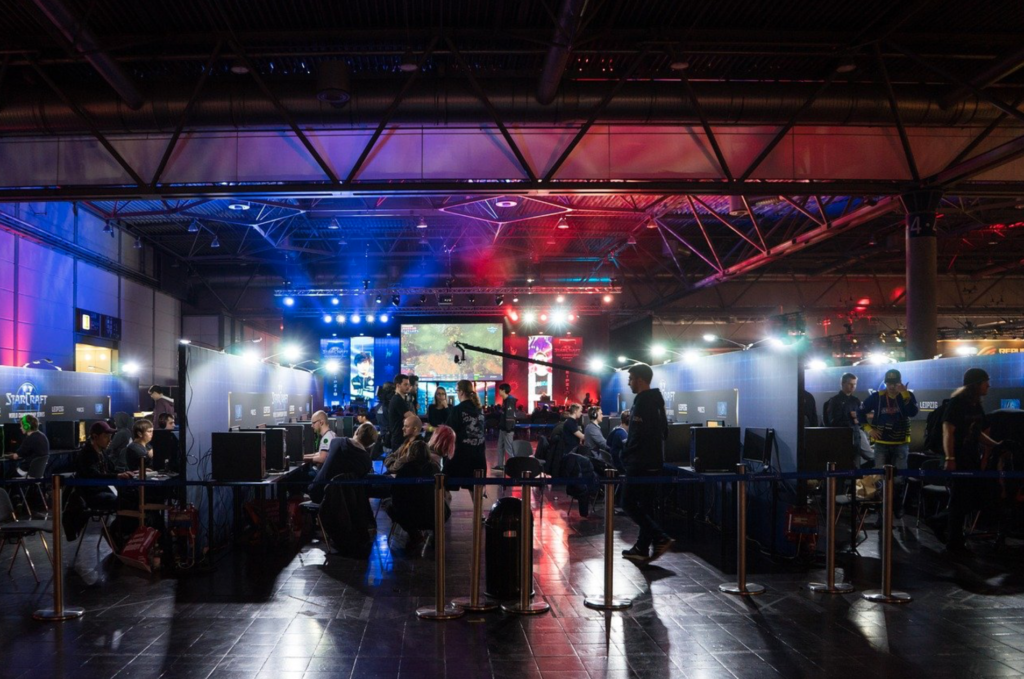
By: Olivia Hines
On June 17, 2020, FaZe Clan, a prominent esports organization, was denied a motion for summary judgment in its suit against its former player Turner Tenney, also known for his online name “Tfue”.[1] Tenney left the organization after a downturn in the relationship with the FaZe Clan organization, with the goal of starting his own esports team.[2] FaZe Clan brought suit against Tenney for breach of contract and violating a noncompete clause.[3] However, the New York Southern District Court ruled that due to the independent contractor nature of the contract instead of an employee-employer relationship, Tenney had an affirmative defense that the noncompete should be void under California Business & Professions Code § 16600.[4]
FaZe Clan v. Tenney sheds light on the inconsistent and unregulated employment relationships between esports players and esports organizations.[5] While there is no uniformity in the esports industry, many esports teams characterize their players as independent contractors, allowing them to avoid certain tax and benefit requirements of employers.[6] These contracts not only differ in the type of relationship created, but also may include other clauses imposing restrictions on players.[7] These restrictions may include confidentiality agreements, allowing the organization to use the players likeness, or noncompete clauses as was at issue in this case.[8] Since esports are separated by game maker without a larger governing body, there has been no overarching employment relationship definition or regulation, often leaving esports organizations to act in their own interests.[9]
However, esports should be viewed like traditional sports when it comes to the scope of employment, including the regulation and uniformity in how contracts are created and the amount of flexibility given to organizations when drafting contracts. With most esports players only playing one specific video game, these players should be viewed like athletes playing one professional sport with non-compete clauses.[10] Thus, in the same way professional athletes are not barred with a non-compete clause from playing for another team in the same league, esports athletes should not be subject to blanket non-compete clauses. State law has the majority influence and governance over non-compete clauses in employment contracts.[11] Many of these laws determine the enforceability of non-compete clauses based on whether they are considered reasonable, each state with different factors to make a reasonableness determination.[12] With the exponential growth of esports, projected to pass one billion of revenue in 2020 alone,[13] the time to streamline the employment contract aspects of esports is now. By considering esports athletes as employees and viewing them in the same light as traditional sport athletes, the industry can legitimize its employment methods and practices.
Creating regulations to treat esports employment relationships in the same manner as traditional professional athletes will benefit esports players, organizations, and the industry as a whole. With its current rapid growth, leaving the esports industry free to contract without structure or rules will create greater vulnerabilities for new esports players and increase the disconnect from game to game or organization to organization. Moreover, as younger new athletes enter the esports industry, employment considerations must be resolved before the industry explodes into a field day of litigation.[14] With the esports industry rapidly growing in revenue and worth, especially during the lull of traditional sports in 2020, creating uniformity in esports employment contracting is both necessary and urgent.
[1] FaZe Clan Inc. v. Tenney, No. 19-cv-7200(JSR), 2020 U.S. Dist. LEXIS 106862, 9, 11 (S.D.N.Y. June 17, 2020)
[2] Id. at 3.
[3] Id. at 4.
[4] Id. at 12.
[5] See Hunter Amadeus Bayliss, Not Just a Game: The Employment Status and Collective Bargaining Rights of Professional Esports Players, 22 Wash. & Lee J. Civil Rts. & Soc. Just. 359, 370-373 (2016).
[6] See Jonathan Stoler and Daniel Masakayan, Labor and Employment Considerations in Esports, Law360 (June 6, 2019).
[7] Id.
[8] Id.
[9] See generally Elizabeth Chung, Gotta Catch ‘Em All! The Rise of Esports and the Evolution of its Regulations, 22 SMU Sci. & Tech. L. Rev. 231 (2019).
[10] See generally John T. Holden and Thomas A. Baker III, The Econtractor? Defining the Esports Employment Relationship, 56 Am. Bus. L.J. 391 (2019).
[11] Id.
[12] Id.
[13] See Mariel Soto Reyes, Esports Ecosystem Report 2020: The Key Industry Players and Trends Growing the Esports Market Which Is On Track to Surpass $1.5B by 2023, Bus. Insider (Dec. 18, 2019).
[14] John T. Holden, The Future is Now: Esports Policy Considerations and Potential Litigation, 27 J. Legal Aspects of Sport 46, 68 (2017).


